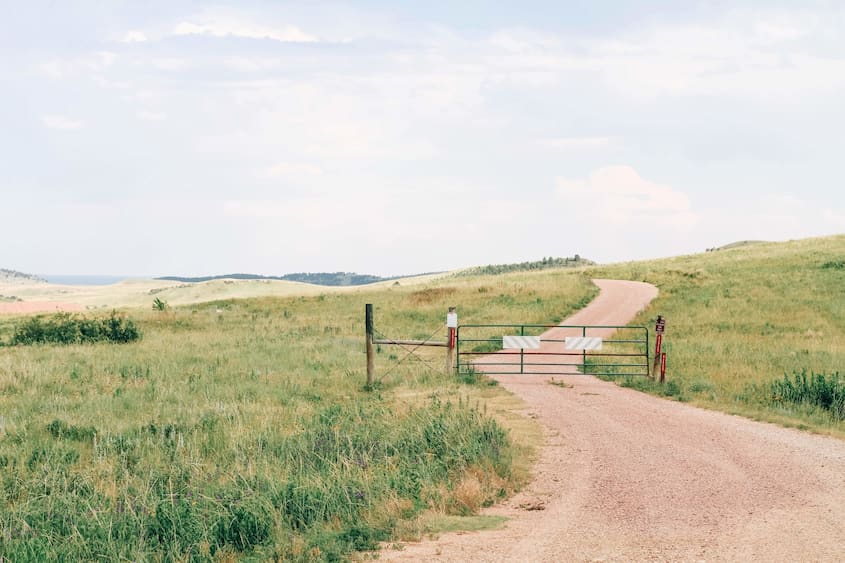All Title Matters Including a Right-of-Way
Usually when there is a “play”, the client will want to know who owns the oil and gas rights, if they are open for leasing or if they are under a lease. Our job as a landman is to tell the client the facts and not what they want to hear. A good landman will strive to check not only title but all the circumstances surrounding the ownership, like prior production, any pooling that may still be holding the lease or rights recently granted like water, wind and easements affecting the movement of equipment.
It is important for a landman to check not only the deeds, affidavits, probates, etc. but to really understand and familiarize themselves with the history and use of the land. This will help at the moment of negotiation because the landowner will see a thorough understanding of the land. Maybe a distant uncle had a right-of-way which was granted when Pops decided to split the property in his Will with the understanding of the two siblings farming the land together.
On one occasion, a client acquired certain leasehold rights from an operator that was going under… low and behold, there was no way to put a rig in the land. The landowner controlled all the land surrounding the lease and there was no public road to get in.
The original lessee was trying to “flip” the lease and did not care about easements since it did not have any intentions of drilling. The lease had a “to be negotiated” clause which obviously did not go well. When acquiring the lease, the client did not have a landman seeing what I saw, a sophisticated lessor with no intention to let a rig go through his land, for whatever reasons. The goals were mismatched. When our firm was contracted with the job, we knew it was a matter of listening to find which were the mutual interests by and between both parties.
A Right-of-Way is an easement that grants the right to travel over the grantor’s property and sometimes it is overlooked by landmen checking title. Not all of the Right-of-Way deeds read the same and sometimes, in my opinion, the drafting is easy to fall into an interpretation through modern eyes instead of seeing the historic understanding at the time of execution. For that, a good landman finds precedents, makes an interpretation based on facts and lets their client know the reasoning behind that interpretation.
A good landman sees the “play” as a goal and finds all the pitfalls that their client may encounter. Sometimes the land is under a lease, but what about the operator, is there enough production, does it want to pursue other endeavors or plays? Nothing is written in stone unless we want it to be. A good landman argues from both sides within their own mind: Is there a way for their client to get in?
At the end of the day, Landman and Client should, as MaCarthy put it in his great novel, “… havin the biggest time in the world. Probably struck oil.” (1)
1. McCarthy, Cormac. All The Pretty Horses, New York, Vintage Books, 1992.

